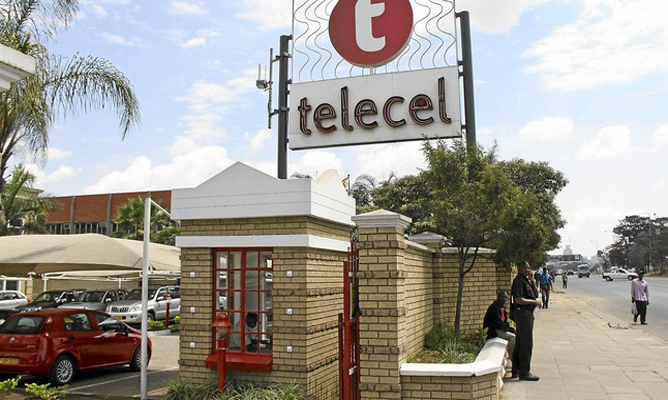
AMSTERDAM — Telecel Zimbabwe majority shareholder VimpelCom has thrown its support behind government’s move to force telecommunications companies to share infrastructure, saying this lowers costs while enhancing quality and network connectivity.
BY STAFF REPORTER
The Postal and Telecommunications Regulatory Authority of Zimbabwe (Potraz) recently completed new regulations covering infrastructure sharing among the country’s telecoms operators.
But operators such as Econet Wireless and its Liquid Telecom subsidiary were reportedly opposed to the moves to force them to share their networks arguing it was unfair to have infrastructure sharing where one party does not have the infrastructure the other needed.
VimpelCom chief group business development and portfolio officer Anton Kudryashov told Zimbabwean journalists in Amsterdam last week that it made huge commercial sense for telecommunications companies to share networks.
“We are great believers in network sharing. Telecel Zimbabwe is committed to network sharing,” Kudryashov said. “Our objective is to sign network sharing agreements in the 14 other countries we are operating in. There is no sense in duplicating base stations in areas where companies can share networks.”

He said money saved from network sharing could be re-invested in other critical areas including providing coverage to under-serviced remote areas where rolling out infrastructure was expensive, as well as the provision of low-cost smart phones.
- Chamisa under fire over US$120K donation
- Mavhunga puts DeMbare into Chibuku quarterfinals
- Pension funds bet on Cabora Bassa oilfields
- Councils defy govt fire tender directive
Keep Reading
VimpelCom group director for architecture and security Tommy Ljunggren said network sharing apart from reducing costs, would increase coverage and allow subscribers to pick the best network available.
“Another key benefit is that combining our spectrum increases data speed 100%,” he said.
Infrastructure set to be shared includes base tower stations, microwave radio equipment, switches, antennas, transceivers for signal processing and transmission.
Kudryashov said VimpelCom, which has over 236 million subscribers in 14 countries all over the world, was yet to take any dividends from its operations in Zimbabwe as all the money was being re-invested in network expansion and others services.
He said since 2009 over $237 million had been invested in Telecel Zimbabwe.
Netherlands-based VimpelCom, which owns 60% shareholding in Telecel Zimbabwe, was currently in negotiations with government for full restoration of its licence suspended by Potraz in April due to differences over its shareholding structure and alleged failure to pay the full $137 million operating licence fees.
Telecel argues that its licence fee payments were up to date, while its investment was protected through Bilateral Promotion and Protection Agreements signed between Zimbabwe and both Netherlands and Switzerland.











